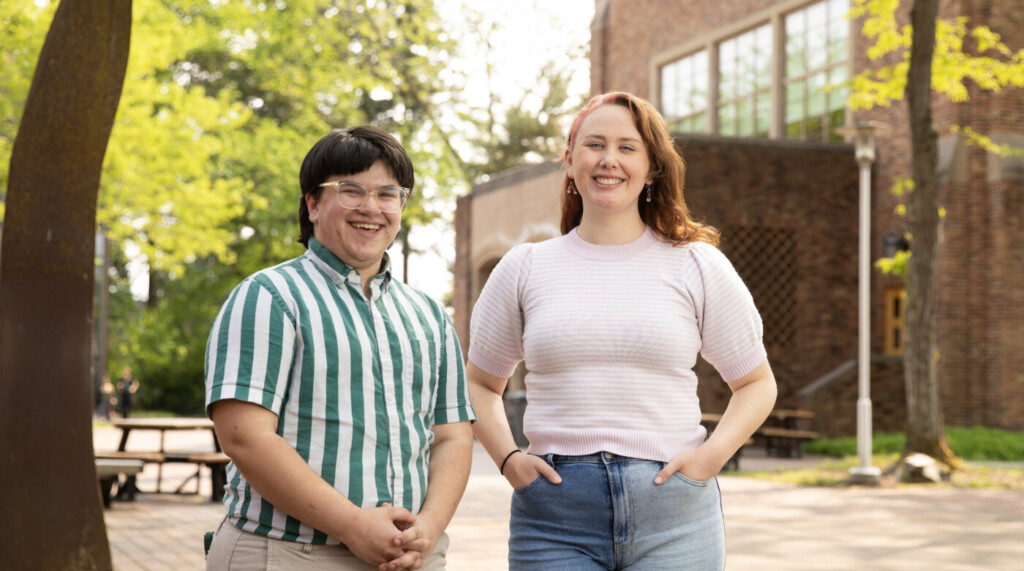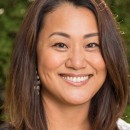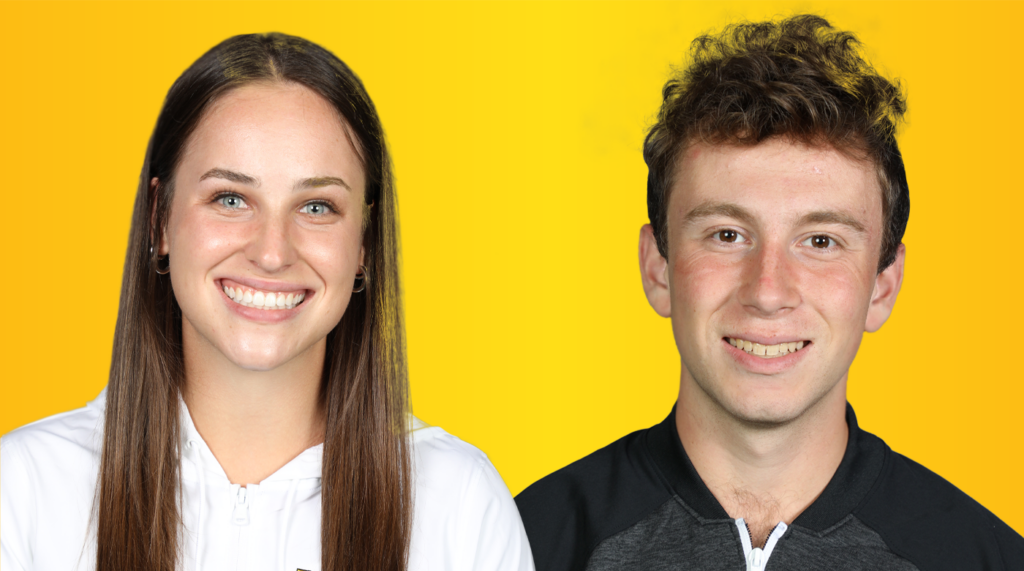Page 79 • (5,444 results in 0.051 seconds)
-
that is required for their intended major. Students majoring in biology usually take the PHYS 125/126 series with accompanying labs, while those majoring in chemistry or physics must take the PHYS 153/154 series with accompanying labs. A handful of schools only require a semester of physics and some institutions do not have a requirement. However, we recommend that you take a full year of introductory physics.English/Public Speaking Courses Most pharmacy schools require applicants to take two
-
that is required for their intended major. Students majoring in biology usually take the PHYS 125/126 series with accompanying labs, while those majoring in chemistry or physics must take the PHYS 153/154 series with accompanying labs. A handful of schools only require a semester of physics and some institutions do not have a requirement. However, we recommend that you take a full year of introductory physics.English/Public Speaking Courses Most pharmacy schools require applicants to take two
-

August 18, 2010 Contributions to Excellence By Steve Hansen Alumnae are a proud group of people. Instilled with a passion to give of themselves. Jean (Hesla ’50) Kopta is no exception. Kopta graduated from PLU in 1950 with the bachelor’s degree in education. Jean (Hesla ’50) Kopta. Later in her life, she returned to school to obtain her Master’s degree in vocal performance. Her passion was to share her love of singing and music by teaching voice lessons. She landed at PLU at the Department of
-

worked with Living Water International develop a marketing plan that would appeal to the college-age demographic. Over the last 18 months, the partnership developed, and this spring the trip became a reality. The village is located about an hour outside of Leon, Nicaragua. Once they arrived at the village, students helped drill the well, give hygiene lessons to children and made connections with the residents. The lead-up to the trip involved various community partners, including Parkland Light and
-

: I have two majors, in environmental studies and theatre, and a minor in Hispanic studies. I’m also taking a PLUS Year. How do your majors interact with each other? Ruggeri: PLU’s liberal arts program really encourages us to connect our studies. You see great examples of political theatre with “Hamilton,” for example. My political science and environmental studies inform how I create active political and social change with theatre. The storytelling lessons learned from theatre help me share why
-

: I have two majors, in environmental studies and theatre, and a minor in Hispanic studies. I’m also taking a PLUS Year. How do your majors interact with each other? Ruggeri: PLU’s liberal arts program really encourages us to connect our studies. You see great examples of political theater with “Hamilton,” for example. My political science and environmental studies inform how I create active political and social change with theatre. The storytelling lessons learned from theater help me share why
-

storytelling lessons learned from theatre help me share why we need policy that leads to change. In campaigning, we tell people stories about how policies can affect everyday life, a skill I developed in theatre. “Normalcy” [our climate-themed musical] used all three of my majors. Knapp: When I tell people those are my majors, they get confused if they’re not involved in the fields. “Why those two?” I wasn’t planning on integrating environmental studies into my college experience until the summer after
-
Terminology course prior to the start of the program to prepare them for the clinical science courses in the DPT program. In particular, it is necessary for Foundations courses, Applied Pathophysiology, and professional practice courses. PLU Equivalent Prerequisite Courses:** BIOL 205, 206 BIOL 225, 226 BIOL 330 is also recommended CHEM 105, 115, 116, 331 (with accompanying lab)* MATH 140 is a pre-requisite for CHEM 115 PHYS 125 & 126 or 153 & 154 (with accompanying labs) PSYC 101 PSYC 315 is also
-

/B.A., Voice, University of Washington, 1999 Responsibilities Applied voice lessons, vocal pedagogy, and French and German diction. Accolades 2013, Songfest Mentor Program, Colburn Conservatory of School 2012, Summer Faculty Institute, Baylor University 2012, Teaching Grant, Baylor University 2011, National Association of Teachers of Singing Intern Program Biography As an artist teacher deeply committed to education, lyric mezzo-soprano Soon Cho joined the voice faculty at Pacific Lutheran
Office HoursMon - Fri: - -

development and for the PLU community as a whole. What things have you learned about being a college athlete and a student? How do they benefit one another? Danny: Being a student-athlete has taught me numerous lessons. I have learned how to be a more responsible individual, work in a team with differing personalities, and manage my time while juggling multiple roles. The opportunity to participate in athletics while also furthering my education has only given me positive experiences that I will continue
Do you have any feedback for us? If so, feel free to use our Feedback Form.


